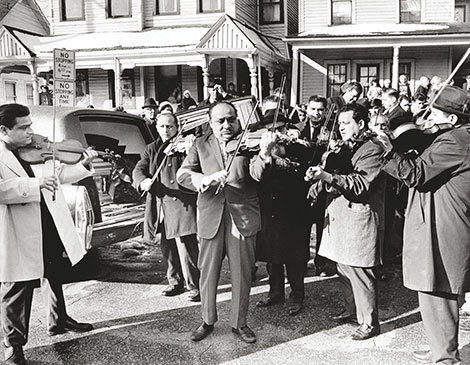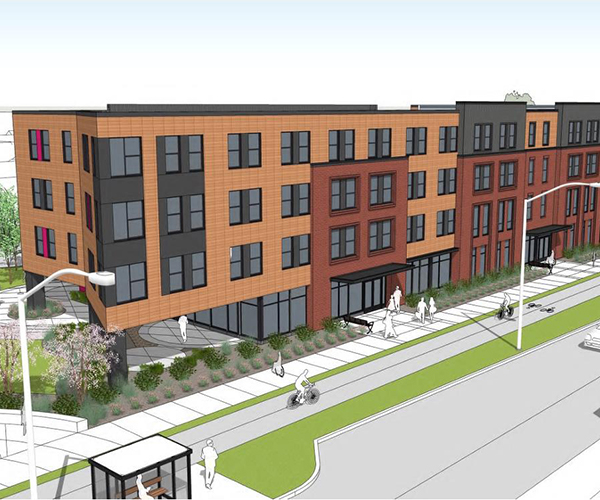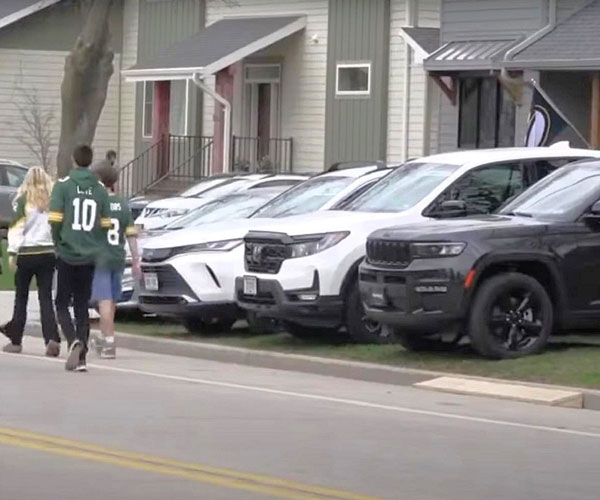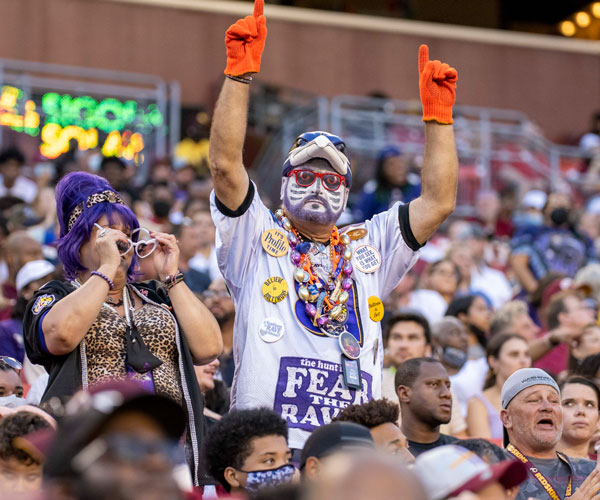The strings wailed out over Fulton Road where Albert Balog, the Roma fiddler, lay waiting for his final farewell. Balog had come to this country from Hungary at 12 and played in some of the finest Roma (also known as gypsy) orchestras, wrote local historian Steve Piskor in Gypsy Violins, his self-published history of Northeast Ohio Roma musicians. And now Balog laid in a hearse, to be played off the world’s stage.
Moments before, legendary Cleveland Press reporter Dick Feagler stood by for Balog’s wake in the upstairs room of the house at 1736 Fulton Road. Violinists, guitarists and bass players passed by Balog, red votive candles lit around his head and feet. They toasted with paper cups of bourbon and, shouldering their instruments, filled the room with plaintive music. When the funeral director tried to close the casket lid, they cried, “Not yet,” and played one more song over their departing friend.
The casket was then closed and carried down a steep staircase to the waiting hearse. Outside, the musicians processed behind it to St. Patrick church on Bridge Avenue, playing all the way. Were it not for the cold Cleveland January and the absence of brass, they might have been mistaken for a New Orleans second line.
“As interested neighbors watched, the procession moved slowly down Fulton Road and then around a corner and out of sight,” Feagler wrote, “but Albert Balog’s last concert hung in the crisp air.”




